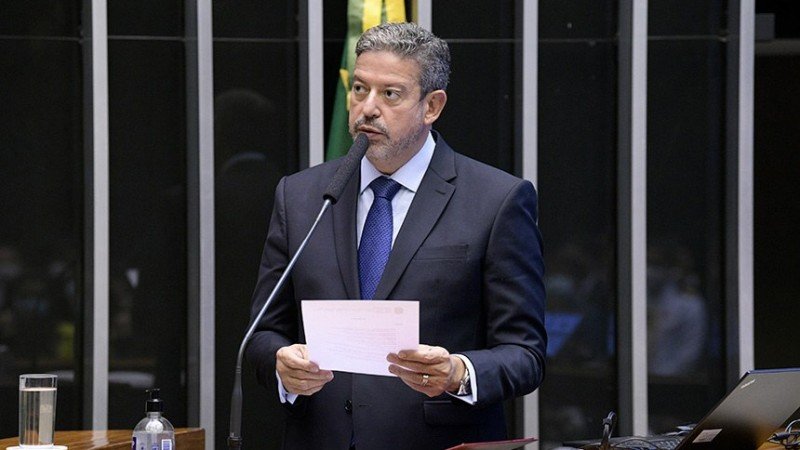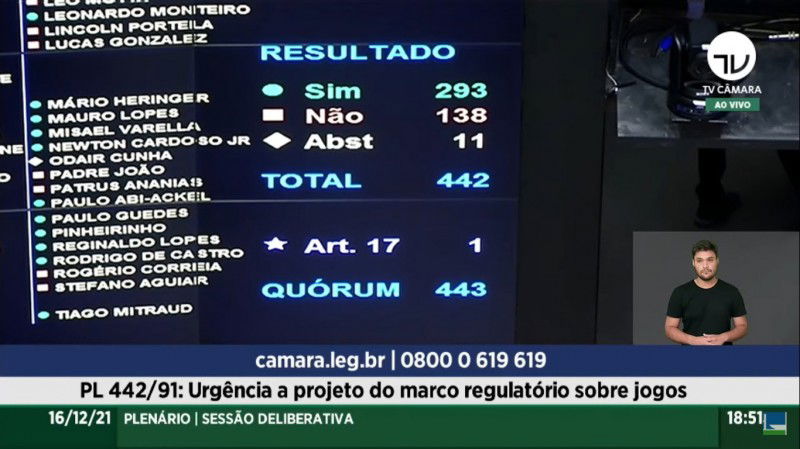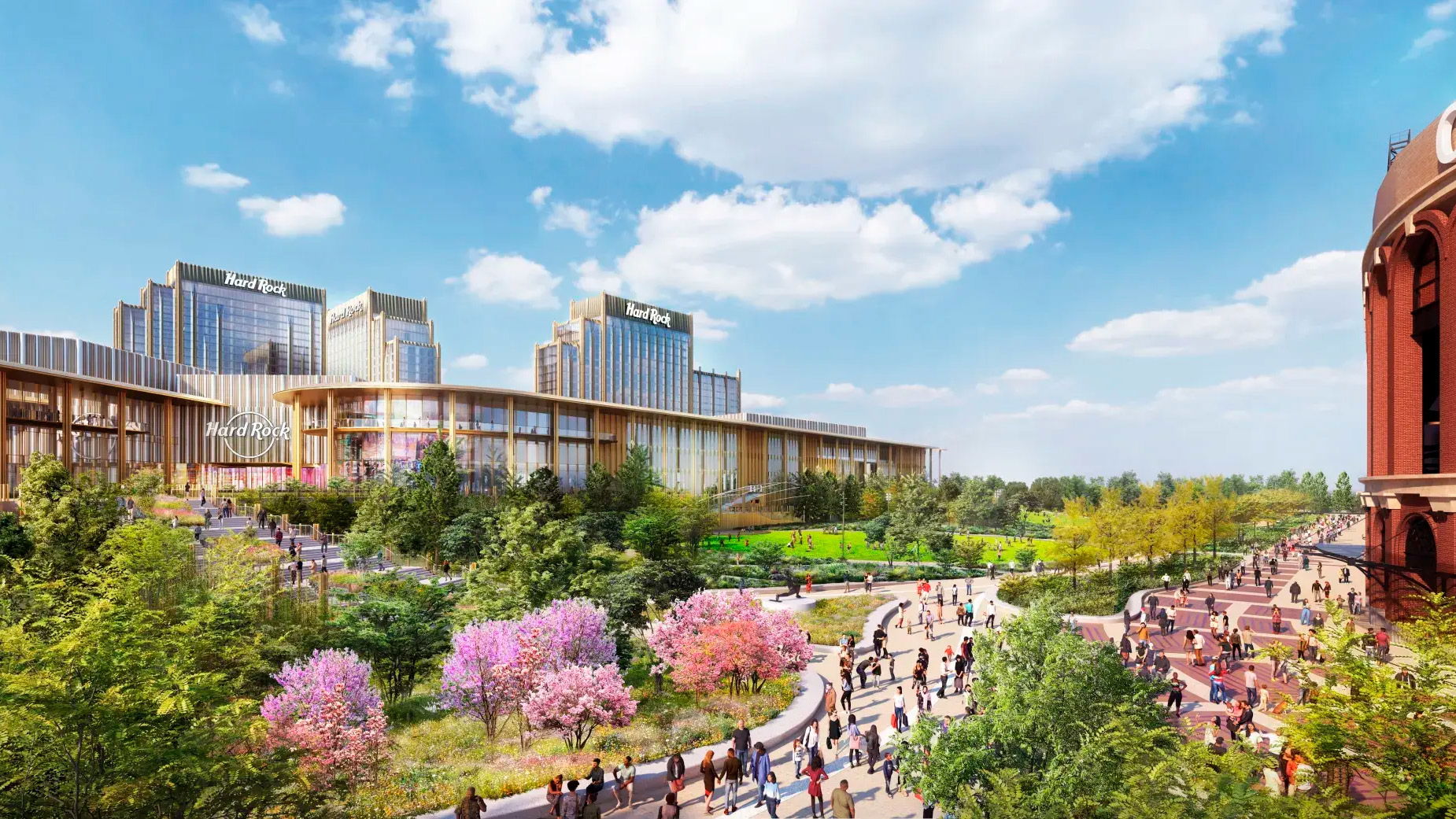Brazil's lower house approves urgency motion to discuss Gaming Law

The Brazilian Chamber of Deputies approved on Thursday the request for urgency regarding the project of law PL 442/91, which legalizes casino and bingo games in the country. Now the law can be voted immediately, without going through committees.
The request for a vote in the Plenary was approved with 293 votes in favor, 138 votes opposing, and 11 abstentions, and enables the legalization of all types of games of chance, such as sports betting, horseracing activities, casinos, and bingos.

BNL Data reported Thursday that the president of the Chamber of Deputies, Arthur Lira, highlighted that he was elected "with the unique commitment of listening and guiding the different interests of the Chamber. The legalization of gambling in Brazil must be clear, it must be thoroughly discussed, with all the convergences and divergences that may arise", he explained. The approval for urgency will allow the measure to be voted on, without depending on the Chamber's commissions for a previous analysis.
The president of the Chamber of Deputies also made a strong defense of the project to legalize gambling. According to him, everyone knows that in Brazil gambling exists and operates illegally. "Now we will have the opportunity to know who wants gambling to remain illegal in the country," said Lira, who scheduled the debate and vote on the issue to take place in the month of February 2022, at the plenary session. The approval for urgency represents the biggest advance in recent years towards betting legalization in Brazil.
Congressman João Carlos Bacelar, the main promoter of the proposal, added that they have already met "with all the government agencies in charge of control, regulation and with the federal entities. The Working Group's review had an excellent result," he said. For three months, the Working Group met with various sectors of society and government agencies to seek support for the preparation of the report.
In the first week of December, Arthur Lira had scheduled the vote on the urgency motion for the 13th. The evangelical bench lobbied and threatened to block all votes if the request was discussed. But after several meetings and negotiations between the leaders of the benches, the issue was put to vote on Thursday 16, and even with the opposing position of the evangelical bench, it was voted and approved by a huge majority.

















































